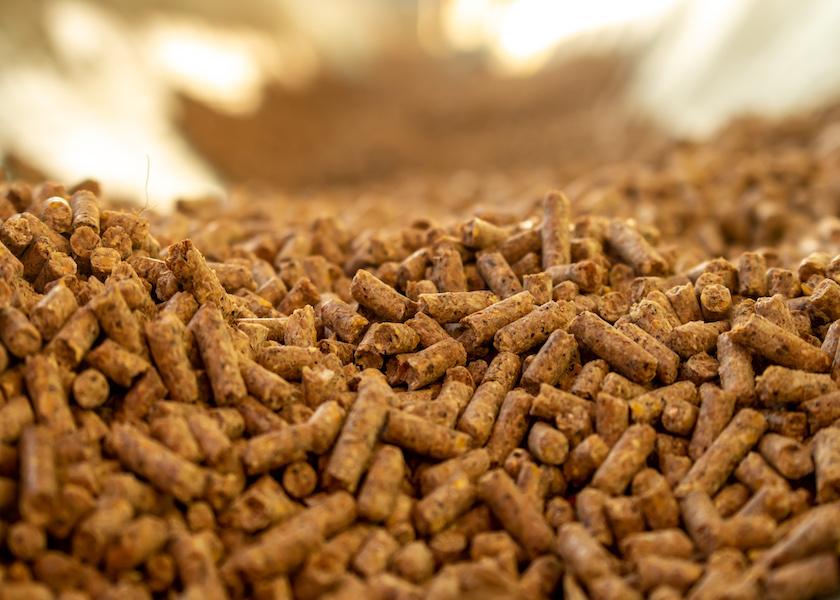U.S. Senators Introduce Bill Giving Farmers Better Access to Feed Additives

A bill has been introduced by U.S. Senators Tammy Baldwin (D-WI), Roger Marshall, M.D. (R-KS), Jerry Moran (R-KS), and Michael Bennet (D-CO) that would create new regulations for feed additives to help increase livestock efficiency, production and sustainability.
Titled the Innovative Feed Enhancement and Economic Development (FEED) Act of 2023, the bill would offer a pathway for manufacturers to seek FDA approval of additives tied to improving the efficiency of meat and dairy production, but don’t fit neatly into the federal agency’s regulated-as-drugs or regulated-as-foods categories.
“It’s critical that our farmers across the nation have the tools they are looking for to cut emissions, achieve their climate goals, and keep our nation fed,” Senator Baldwin said in a press release. “We know that there are innovative feed products that can help farmers reduce their environmental impact, but onerous bureaucratic processes are getting in the way of these products making it to our agriculture community in a timely way. Our bipartisan legislation will help our farmers access the innovative products they need to reach their climate goals, compete on the world stage with producers who already have these food additive tools, and support our rural economies.”
Currently, global competitors in Europe, Asia, and South America have updated their policies to have feed products on the market that demonstrate increased efficiency in meat production and byproduct and waste reduction, creating an unlevel playing field for American producers.
The FDA does not have a timely and appropriate pathway for these innovative feed products to be approved for market. Instead, these products use the FDA’s process for animal drugs, an eight to ten-year approval process, or feed ingredients, approximately a two-year process.
"We commend Sens. Roger Marshall, Tammy Baldwin, Jerry Moran, and Michael Bennet for their bipartisan Innovative FEED Act of 2023 to modernize the Food and Drug Administration's regulatory framework for approving animal feed ingredients,” Jim Mulhern, president and CEO, National Milk Producers Federation, said in an announcement. “U.S. dairy farmers benefit from access to safe and effective feed additives as they continue to innovate on multiple fronts, including bolstering their ongoing voluntary, producer-led sustainability efforts. The bipartisan initiative led by Sens. Marshall, Baldwin, Moran, and Bennet will help them do just that, and we look forward to working with them to enact their bill into law."
Other livestock feed industry experts also weighed in.
“Our industry is bringing forward innovative animal food solutions to benefit animal health, human food safety and the environment, and now, thanks to the leadership of several Senate leaders, we have the legislative solution needed to provide a modernized regulatory pathway to meet marketplace demands,” American Feed Industry Association President and CEO, Constance Cullman, said. “We fully support the Innovative Feed Enhancement and Economic Development Act, and hope Congress will quickly approve this bill, giving our farmers and ranchers the tools they need and putting our international counterparts on notice that we are fully equipped to compete in the future.”
Chuck Conner, president and CEO of the National Council of Farmer Cooperatives, concurred with Cullman, adding, “On behalf of America’s farmer co-ops and their member-owners, I would like to thank Senators Marshall, Baldwin, Bennet, and Moran for their leadership in introducing the Innovative FEED Act today. This bill will modernize the animal feed regulatory structure to help bring innovative new feed additives to market that can reduce methane emissions from livestock and help address the pressing issue of climate change. This will help get new products into the hands of producers and bring certainty to companies looking to invest in this sector.”







